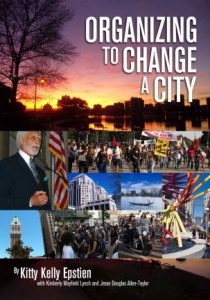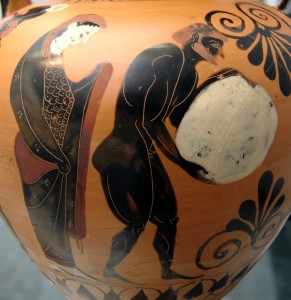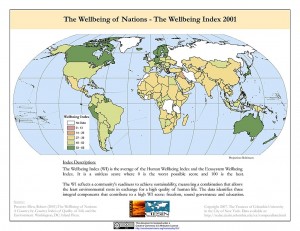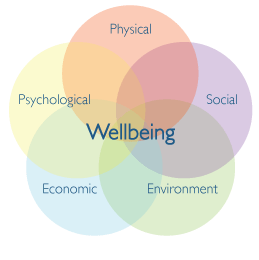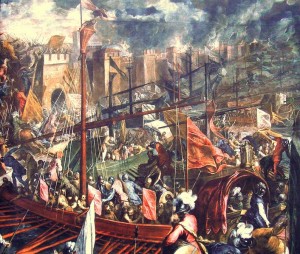
National Standards – just another brick in the wall?
“School prepares for the alienating institutionalization of life by teaching the need to be taught.” – Ivan Illich
There’s an interesting opinion piece by archaeologist April Nowell in a recent ‘New Scientist‘ – ‘All work and no play: Why Neanderthals were no Picasso‘ (In the print version – week of 23 February, 2013 – the title is ‘All work and no play left little time for art‘, pp. 28-29).
Nowell’s ‘Big Idea’- as the opinion piece page is called – is basically that Neanderthals lacked a rich, symbolic experience (art, language, music, etc.) largely because they had short childhoods and, vitally, therefore little in the way of free play:
WATCHING a group of 5-year-olds chasing each other in a park it is easy to forget that child’s play is a serious business. Through play children figure out how to interact socially, practice problem-solving and learn to innovate, skills that will be indispensable to them as adults. But if experiences gained during play are so crucial for cognitive development, what would it mean if a species had a shorter childhood [as Neanderthals appeared to have]?
Play, freedom and the self-organising structure that emerges from that, according to Nowell, is part of what gave our species the creative and innovative advantage over Neanderthals – and this despite the latter’s rapid increase in brain size to the point that it was larger than an average Homo sapiens‘ brain at adulthood.
Basically, our brains evolved – were ‘designed’ – to grasp the cognitive opportunities provided by free exploration. Faculties of curiosity and inquisitive exploration, along with humans’ inherent sociability, combined as the mechanisms by which young humans autonomously – that is, in an almost entirely self-directed way – mastered the complex natural environments and social worlds they were born in to.
There was precious little deliberate instruction available even if it was desired. In fact, what is known of the hunter-gatherer parenting style leads to it often being called ‘indulgent’ or, more positively, ‘trusting’ (e.g., see this extract from Jared Diamond’s latest book ‘The World Until Yesterday‘).
Yet, that was apparently our edge over Neanderthals – the open-ended exploration of life, governed autonomously by each individual’s own curiosity. For humans, that has always been just what it is to learn. And, presumably, it worked well enough.
But then came National Standards … Continue reading →


